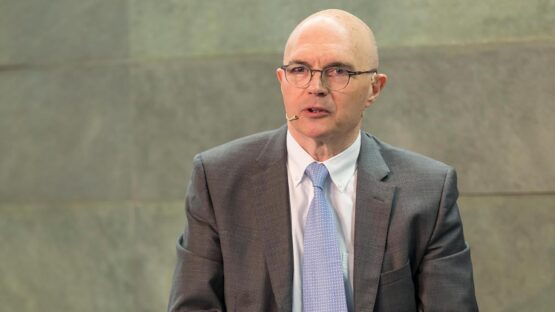
Leandro Prados-de-la-Escosura (1951), PhD from Oxford University and PhD in Economics from the Complutense University of Madrid, is Professor of Economic History and researcher at the Figuerola Institute of the Carlos III University of Madrid. He is also a researcher at the Centre for Economic Policy Research (CEPR), an associate researcher at the Centre for Competitive Advantage in the Global Economy (CAGE) and a corresponding member of the Royal Academy of History. He has been Prince of Asturias Professor at Georgetown University and Professor at the University of California, San Diego. He has also been Visiting Research Fellow at All Souls College, Oxford and the London School of Economics and Jean Monnet Fellow at the European University Institute (Florence). In 2013-2014 he was Leverhulme Professor at the London School of Economics. He has been appointed to the Maddison Honorary Chair at the University of Groningen (2015-2019).
The title of the proposed research is "Economic freedom, growth and welfare in historical perspective. The experience of OECD countries, 1850-2000".
The project aims to study the long-term evolution of economic freedom and its links to growth, well-being, as measured by a human development index, and international inequality, based on a large sample of European countries and countries of European origin, with the exception of Japan, which have achieved sustained economic development and are now members of the OECD core group.
The period chosen for research covers the long process of international economic integration, or "globalisation", which began in the mid-19th century after the repeal of the grain and navigation laws and the widespread application of steam to land and sea transport, culminated on the eve of the First World War, was interrupted by three decades of international disintegration (1914-1945), resumed with intensity in the 1950s and continues to the present day.
The results of the research will clarify which indicators are best suited to measure economic freedom and show its long-term evolution, as well as establish the long-term relationship between economic freedom, growth and welfare. These results will be of great use to social scientists, historians and administrators and will have implications for economic and institutional policy. They will also provide a framework for future regional or national studies.
According to the signed Research Agreement, the work, estimated to last two years, will result in the writing of a book by a publisher in English and, eventually, in Spanish, and the presentation of the research results in two Courses or Seminars at the Foundation's headquarters. In order to achieve the envisaged objective, the researcher has carried out a reconstruction of historical indicators of growth, human development, inequality and poverty, which will make it possible to investigate the role of economic freedom in long-term growth and welfare. Accordingly, Professor Prados de la Escosura has carried out:
- the construction of new estimates of output per capita, as well as of human development indexes
- the development of 'inequality indices', based on the ratio between GDP per day or hour worked and wages per day or hour worked
- a "calibration" of absolute poverty levels on the basis of the above estimates of per capita income and inequality using the econometric results of World Bank studies.
Research papers at: https://ideas.repec.org/e/ppr58.html


